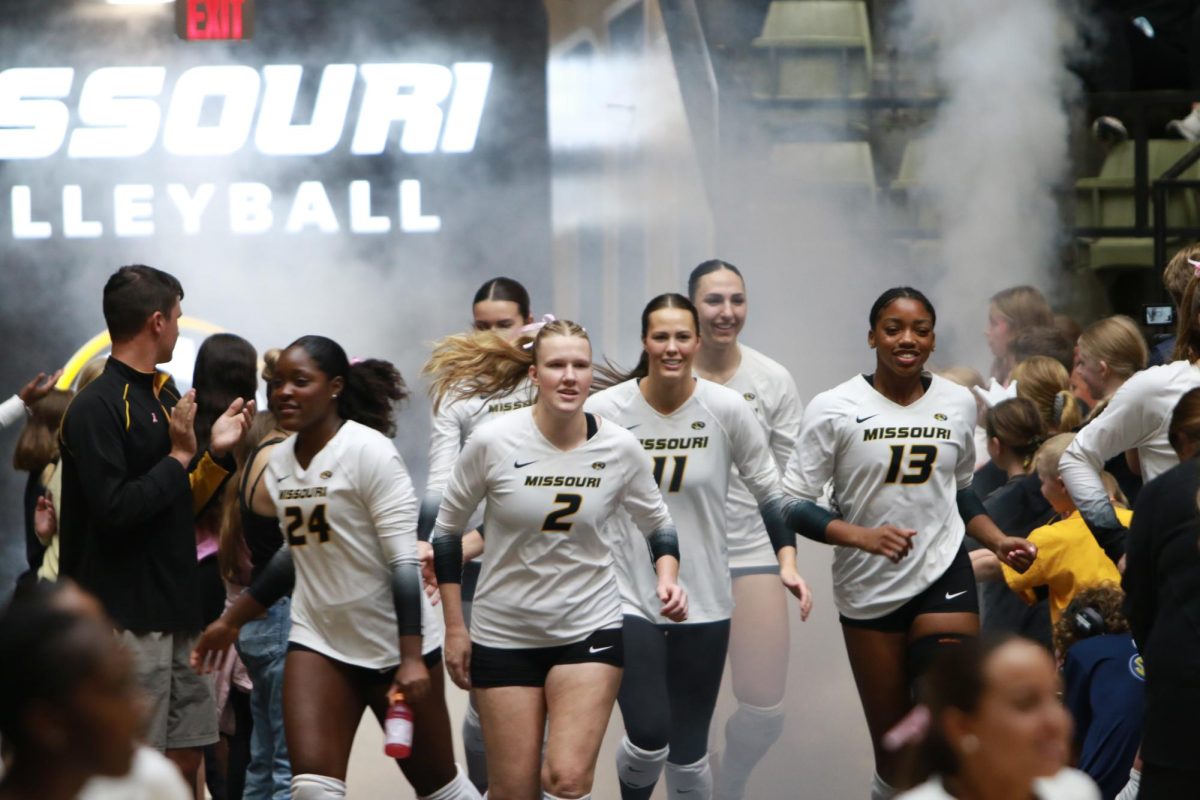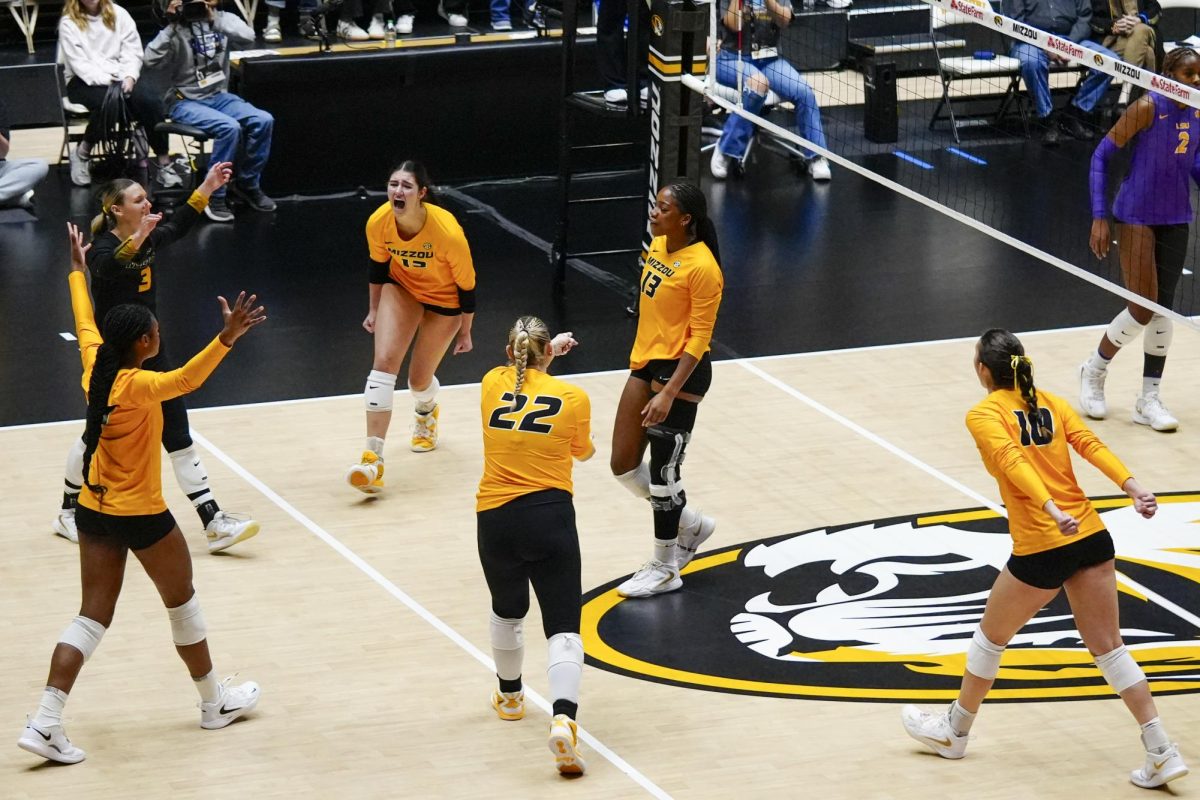Not a soul exists within the University of Missouri network that doesn’t understand the gravity of the school’s current conference alignment issue. Everyone has a dog in the fight; some bark louder than others.
But to take the fullest bite of the grave situation, one must first chew the pre-game food for thought necessary to a making a confident and informed call:
**The Factors**: Academics, money, stability, prestige, competitive outlook. These are the major headliners of breaking down a decision such as this, in a very roughly ranked order.
**The Tip of the Iceberg**: A metaphorical matchup between the Southeastern Conference and the Big 12 is what we can visualize, but Missouri doesn’t need to just decipher between the two conferences. It needs to feel confident that where it is going is actually where it wants to be.
In the broad categories of money, athletics and academics, the Big Ten is certainly the ideal destination. Although the league isn’t going to expand without Notre Dame’s membership, one can’t blame Missouri for exploring the possibility a final time (though these discussions need to take place behind closed doors.)
**The Academic Standard**: This publication has voiced many concerns regarding the academic impact of a conference switch, which is an enormous factor considering the foregrounds these athletics programs actually represent. One must also remember that academic revenue will also always outweigh athletics revenue.
In a breakdown of U.S. News & World Report college rankings, the SEC has an average ranking of 95 for 13 schools. The Big 12 boasts an average of 106 for nine schools after TCU joined this week.
Missouri would give the SEC just its fourth Association of American Universities member out of 14 schools. It would give the new Big 12 just as many.
It’s clear that a move to the SEC really wouldn’t impede Missouri’s academic conference standing, but it also doesn’t offer much improvement. Missouri has an obligation to search for that improvement.
**Wins over Record**: While contemplating Missouri’s potential to win in the SEC is important, it surely cannot be a reason to join or not join. It’s about the long-haul.
Programs are granted the opportunity for growth within the confines of the system. Missouri won’t be an Alabama, ever, just as it won’t be an Oklahoma. The idea is that a program that invests in quality leadership and system can blossom into a quality program to some degree.
**A Safe Seat**: Maybe Missouri can have more success in the Big 12. Maybe the revenue will work itself out. Or maybe the entire league will fold like a house of cards, and the Tigers will be left wondering why they didn’t take the opportunities once laid before them.
Reservations about the SEC are most certainly justified: in our perfect world, Missouri would join a conference with immense academic prestige in a region defined by more than Saturdays in the fall. Ideally, Missouri is going to continue to foster a growing academic and athletic reputation, and to do so on a bigger stage yields rewards even a stable Big 12 cannot match.
Missouri can continue to play musical chairs if it wishes, but we all know what it’s like to be the one without a seat when the music stops. The SEC won’t have this chair open for long.
The music might not last for much longer, either.







